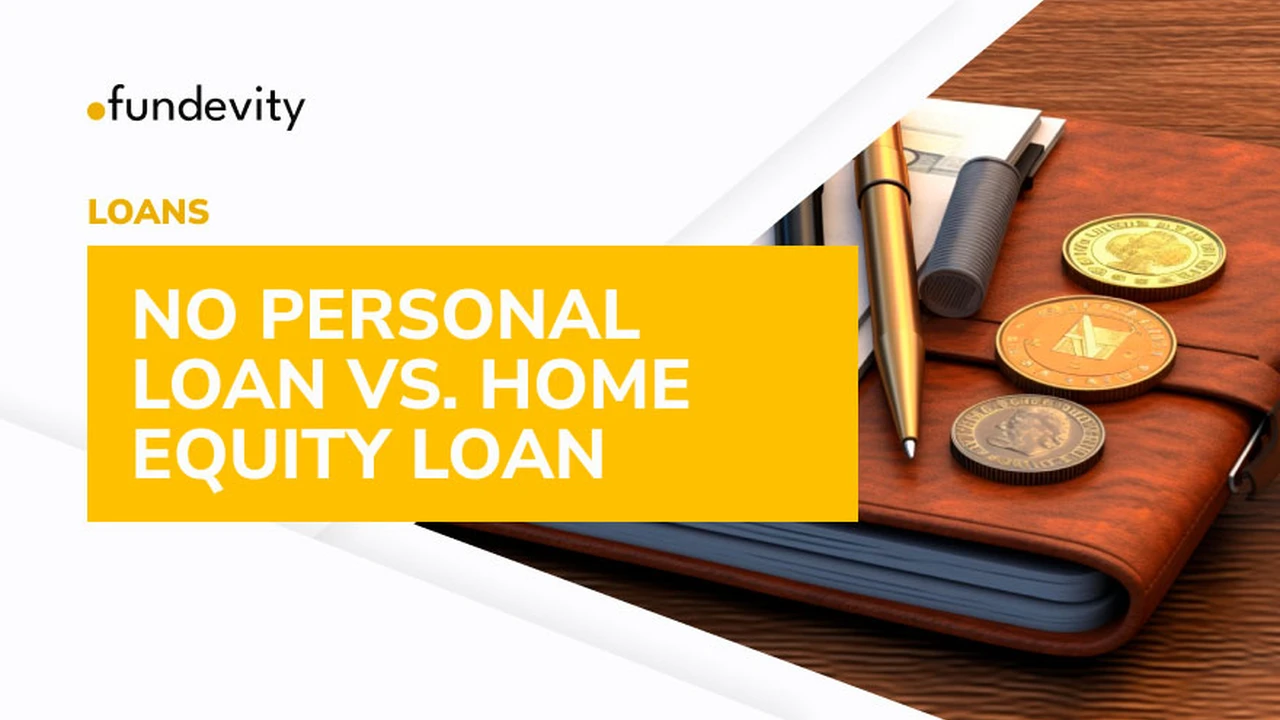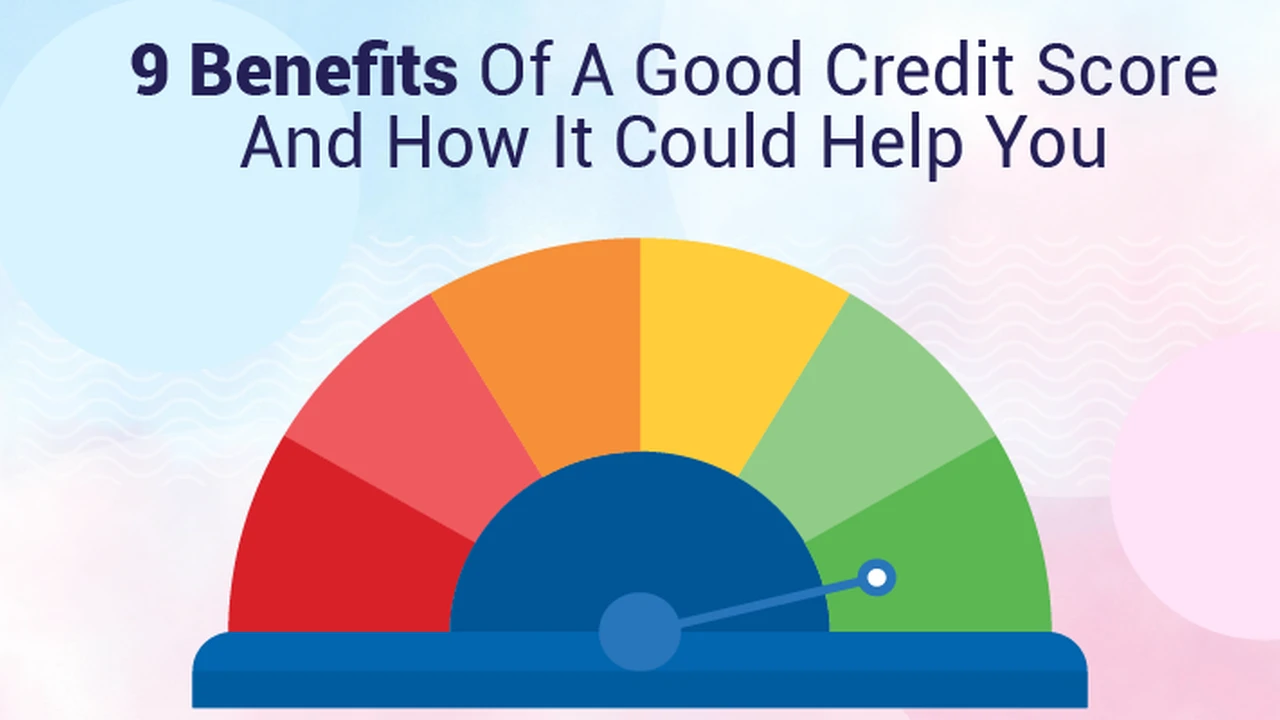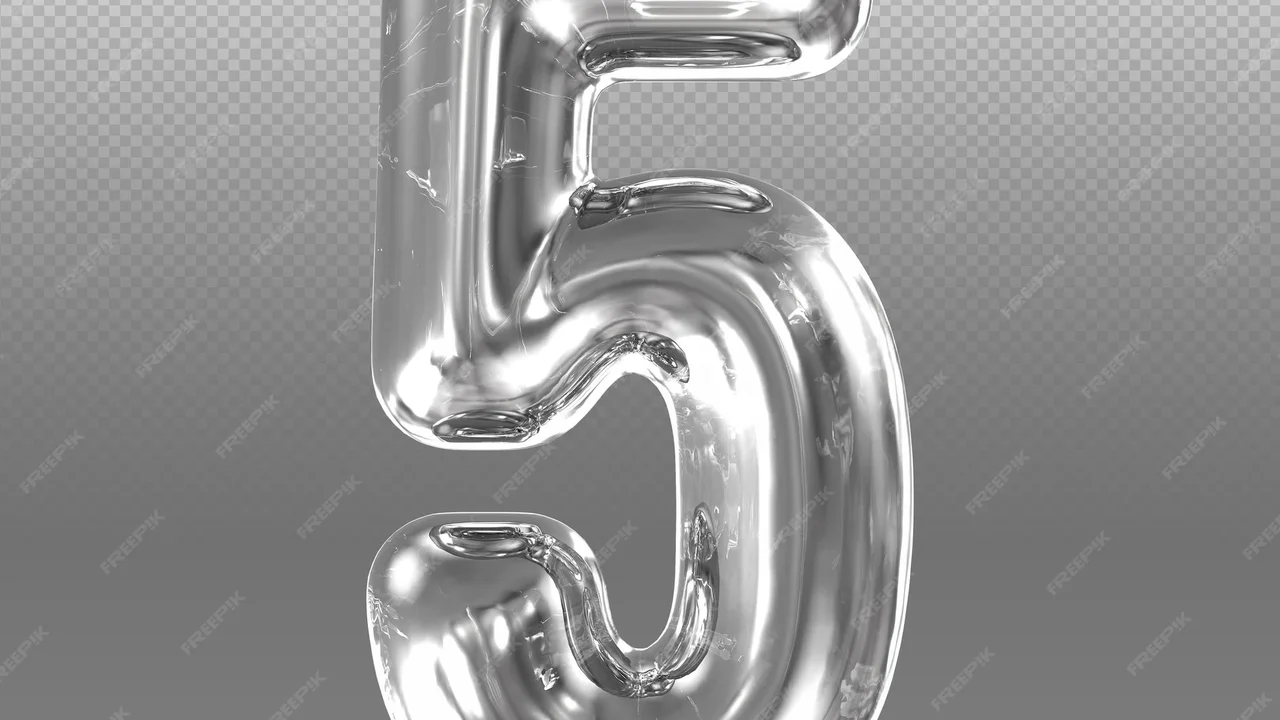Comparing Personal Loans vs Home Equity Loans for Debt
Understand the pros and cons of personal loans versus home equity loans for consolidating or paying off debt.

Personal Loans vs Home Equity Loans for Debt Consolidation
Understanding Personal Loans for Debt Management
When you're looking to consolidate or pay off debt, personal loans often come up as a viable option. These are unsecured loans, meaning they don't require collateral like your home or car. This can be a huge relief for many, as it means your assets aren't directly at risk if you default. Personal loans are typically offered by banks, credit unions, and online lenders. They come with fixed interest rates and fixed repayment terms, which makes budgeting for them straightforward. You'll know exactly how much you need to pay each month and for how long.
The interest rates on personal loans can vary significantly based on your credit score, income, and debt-to-income ratio. Generally, the better your credit, the lower your interest rate will be. For someone with excellent credit (say, 760+ FICO score), you might see rates as low as 6-8%. For those with fair to good credit (670-739 FICO), rates could range from 10-20% or even higher. Loan amounts typically range from $1,000 to $100,000, with repayment periods from 1 to 7 years. The funds are usually disbursed as a lump sum directly into your bank account, which you can then use to pay off your high-interest debts like credit cards or medical bills.
Key Personal Loan Providers and Their Offerings
Let's look at some popular personal loan providers and what they bring to the table:
- SoFi: Known for competitive rates, especially for those with good to excellent credit. SoFi offers loans from $5,000 to $100,000 with terms from 2 to 7 years. Their rates can start as low as 8.99% APR. They also offer unemployment protection, which can be a great safety net. SoFi is a good choice for consolidating high-interest credit card debt or even for home improvement projects.
- LightStream: A division of Truist Bank, LightStream is famous for its low rates and flexible loan purposes. They offer loans from $5,000 to $100,000 with terms up to 12 years for some purposes. Their rates can be incredibly low, starting from 6.99% APR for excellent credit. However, they require very strong credit and a solid financial history. They're great for large debt consolidation or even financing a car or home renovation.
- Marcus by Goldman Sachs: Marcus offers personal loans with no fees (no origination fees, no late fees, no prepayment fees). Loan amounts range from $3,500 to $40,000 with terms from 3 to 6 years. Their rates typically range from 10.99% to 29.99% APR. Marcus is a solid option for those looking for transparency and no hidden costs, particularly for consolidating credit card debt.
- Upstart: Upstart uses AI to assess creditworthiness, which can be beneficial for those with limited credit history but strong educational or employment backgrounds. They offer loans from $1,000 to $50,000 with terms from 3 to 5 years. Their rates can vary widely, from 7.80% to 35.99% APR. Upstart is a good fit for younger individuals or those with non-traditional credit profiles looking to consolidate smaller debts.
- Prosper: As a peer-to-peer lending platform, Prosper connects borrowers with investors. They offer loans from $2,000 to $50,000 with terms of 3 or 5 years. Rates typically range from 8.99% to 35.99% APR. Prosper can be a good option for those who might not qualify for traditional bank loans but still have decent credit.
When to Consider a Personal Loan for Debt Consolidation
A personal loan is often a good choice if you have high-interest credit card debt, medical bills, or other unsecured debts. It simplifies your payments into one fixed monthly installment, often at a lower interest rate than your existing debts. This can save you a significant amount of money over time and help you pay off debt faster. It's also a good option if you don't want to put your home at risk or if you don't have enough equity in your home to qualify for a home equity loan.
Exploring Home Equity Loans for Debt Relief
Home equity loans, also known as a second mortgage, allow you to borrow against the equity you've built in your home. Equity is the difference between your home's market value and the amount you still owe on your mortgage. For example, if your home is worth $400,000 and you owe $200,000, you have $200,000 in equity. Lenders typically allow you to borrow up to 80% or 85% of your home's equity, minus your outstanding mortgage balance.
Home equity loans are secured loans, meaning your home serves as collateral. This is a critical point: if you fail to make payments, your lender could foreclose on your home. The interest rates on home equity loans are generally lower than personal loan rates because they are secured. They also often come with fixed interest rates and fixed repayment terms, similar to personal loans. Repayment periods can be much longer, often 10 to 30 years, which can result in lower monthly payments but more interest paid over the life of the loan.
Key Home Equity Loan Providers and Their Offerings
Here are some prominent lenders offering home equity loans:
- Bank of America: Offers home equity loans with competitive rates and flexible terms. They often have special offers for existing customers. Loan amounts vary based on equity, and terms can go up to 20 years. Their rates are typically in the 7-9% range, depending on market conditions and your credit. They are a good choice for those who prefer a traditional banking experience and have a strong relationship with BofA.
- Wells Fargo: Provides home equity loans with fixed rates and various repayment options. They also offer a home equity line of credit (HELOC), which is a revolving credit line. Loan amounts depend on equity, and terms can extend to 20 years. Rates are competitive, often starting around 7.5% APR. Wells Fargo is suitable for homeowners looking for a wide range of options and established banking services.
- PNC Bank: Offers home equity loans with fixed rates and terms up to 20 years. They also have HELOC options. PNC is known for its customer service and competitive rates, often in the 7-9% range. They are a good option for those in their service areas looking for personalized banking.
- U.S. Bank: Provides home equity loans with fixed rates and terms up to 30 years, which can lead to very low monthly payments. Their rates are generally competitive, starting around 7.25% APR. U.S. Bank is a strong contender for homeowners seeking longer repayment terms and lower monthly obligations.
- Figure Technologies: A newer, online-focused lender that uses technology to streamline the application process. They offer home equity loans with fixed rates and terms from 5 to 30 years. Their rates can be very competitive, sometimes starting below 7% APR for well-qualified borrowers. Figure is ideal for tech-savvy homeowners who want a fast, efficient online application process.
When to Consider a Home Equity Loan for Debt Consolidation
A home equity loan can be an excellent option if you have substantial equity in your home and a significant amount of high-interest debt, such as credit card debt, personal loans, or even student loans. The lower interest rates can lead to substantial savings compared to unsecured debt. It's also beneficial if you need a larger loan amount than what a personal loan might offer. However, it's crucial to be disciplined with your payments, as your home is on the line. This option is best for homeowners with stable income and a clear plan for repayment.
Comparing Personal Loans and Home Equity Loans: A Detailed Analysis
Now that we've looked at each type of loan individually, let's put them side-by-side to highlight their differences and help you decide which might be better for your situation.
Risk and Collateral Considerations
This is perhaps the most significant difference. Personal loans are generally unsecured, meaning no collateral is required. If you default, your credit score will take a hit, and you might face collections, but your home isn't directly at risk. Home equity loans, on the other hand, are secured by your home. Defaulting on a home equity loan can lead to foreclosure, meaning you could lose your home. This higher risk for the borrower is why home equity loans typically offer lower interest rates.
Interest Rates and Total Cost of Borrowing
As mentioned, home equity loans usually have lower interest rates than personal loans. This is due to the secured nature of the loan. For example, a personal loan might have an APR of 10-20%, while a home equity loan could be 7-9%. Over a long repayment period, even a few percentage points difference can translate into thousands of dollars saved in interest. However, home equity loans often come with closing costs, similar to a mortgage, which can include appraisal fees, origination fees, and title insurance. These costs can add 2-5% of the loan amount to your upfront expenses. Personal loans typically have fewer fees, though some may have origination fees.
Loan Amounts and Repayment Terms
Home equity loans generally allow you to borrow larger amounts, limited by your home's equity. It's not uncommon to see home equity loans for $50,000, $100,000, or even more. Personal loans typically cap out around $50,000 to $100,000, depending on the lender and your creditworthiness. Repayment terms for personal loans are usually shorter, ranging from 1 to 7 years. Home equity loans can have much longer terms, often 10 to 30 years. While longer terms mean lower monthly payments, they also mean you'll pay more interest over the life of the loan.
Application Process and Time to Funding
The application process for personal loans is generally quicker and less complex. Many online lenders can approve and fund a personal loan within a few business days, sometimes even within 24 hours. This is because there's no collateral to appraise or title searches to conduct. Home equity loans, being secured by real estate, involve a more extensive process. This includes a home appraisal, title search, and more paperwork, similar to a mortgage application. The process can take several weeks, sometimes even a month or two, from application to funding.
Impact on Credit Score
Both types of loans can impact your credit score. Taking out a new loan will result in a hard inquiry, which can temporarily ding your score by a few points. However, making consistent, on-time payments on either loan type can significantly improve your credit score over time. Conversely, missing payments on either can severely damage your credit. With a home equity loan, defaulting can lead to foreclosure, which is a major negative mark on your credit report for many years.
Scenarios: Which Loan is Right for You?
Let's consider some common scenarios to help you decide.
Scenario 1: High-Interest Credit Card Debt, No Home Equity
If you have a significant amount of credit card debt with high interest rates (e.g., 20%+) but you don't own a home, or you don't have substantial equity, a personal loan is your best bet. It allows you to consolidate multiple credit card balances into one manageable payment, potentially at a much lower interest rate. This simplifies your finances and can accelerate your debt repayment journey. For example, if you have $15,000 in credit card debt at 22% APR, a personal loan at 12% APR could save you thousands in interest and help you pay it off years faster.
Scenario 2: Substantial Home Equity, Large Debt Load
If you own a home with considerable equity (e.g., 30% or more) and are facing a large amount of debt – perhaps a combination of credit cards, medical bills, and even a smaller personal loan – a home equity loan could be very attractive. The lower interest rates associated with secured loans can lead to significant savings, especially on larger loan amounts. Just be absolutely sure you can comfortably make the payments, as your home is at stake. This is often a good strategy for homeowners with stable employment and a clear understanding of their financial obligations.
Scenario 3: Urgent Need for Funds, Minimal Fees
If you need funds quickly to address an urgent financial need or to consolidate debt without incurring significant upfront costs, a personal loan is generally the better choice. The faster application and funding process, coupled with fewer fees, make it a more agile solution. While some personal loans have origination fees, they are typically much lower than the closing costs associated with home equity loans.
Scenario 4: Long-Term Debt Repayment Strategy
For those looking for a very long-term debt repayment strategy with the lowest possible monthly payments, a home equity loan with a 20 or 30-year term might be appealing. This can free up cash flow in the short term, but it's important to remember that you'll pay more interest over the extended period. This approach requires strong financial discipline to avoid accumulating new debt while paying off the old.
Important Considerations Before Borrowing
Your Credit Score and Financial Health
Before applying for either type of loan, check your credit score. A higher score will qualify you for better interest rates on both personal and home equity loans. Also, assess your overall financial health. Can you comfortably afford the monthly payments? Create a budget to ensure the new loan payment fits within your financial plan. Don't just focus on the lowest monthly payment; consider the total cost of the loan over its lifetime.
The Purpose of the Loan
Be clear about why you're taking out the loan. If it's for debt consolidation, ensure the new loan's interest rate is significantly lower than your existing debts. If it's for a large expense like home renovation, consider if a home equity loan's lower rate justifies putting your home at risk. Avoid taking out a loan just to fund discretionary spending, as this can lead to a cycle of debt.
Fees and Hidden Costs
Always read the fine print. For personal loans, look out for origination fees, late payment fees, and prepayment penalties (though these are less common now). For home equity loans, be aware of closing costs, which can include appraisal fees, title insurance, and attorney fees. These can add thousands to the total cost of the loan. Ask for a detailed breakdown of all fees before you sign anything.
Future Financial Plans
Consider your future financial plans. Are you planning to sell your home soon? A home equity loan might complicate that process. Are you expecting a significant change in income? This could impact your ability to make payments. Think long-term and how the loan will fit into your overall financial trajectory.
Final Thoughts on Debt Consolidation Strategies
Choosing between a personal loan and a home equity loan for debt consolidation is a significant financial decision. There's no one-size-fits-all answer; the best choice depends on your individual circumstances, including your credit score, the amount of debt you have, your home equity, and your risk tolerance. Personal loans offer speed and no collateral risk, while home equity loans provide lower interest rates and larger loan amounts, but at the cost of securing the loan with your home.
Regardless of which option you choose, the goal should be to get out of debt faster and save money on interest. Use the opportunity to re-evaluate your spending habits and create a solid budget to prevent accumulating new debt. Remember, a loan is a tool; used wisely, it can help you achieve financial freedom. Used unwisely, it can deepen your financial struggles. Do your research, compare offers from multiple lenders, and make an informed decision that aligns with your long-term financial goals.
:max_bytes(150000):strip_icc()/277019-baked-pork-chops-with-cream-of-mushroom-soup-DDMFS-beauty-4x3-BG-7505-5762b731cf30447d9cbbbbbf387beafa.jpg)






